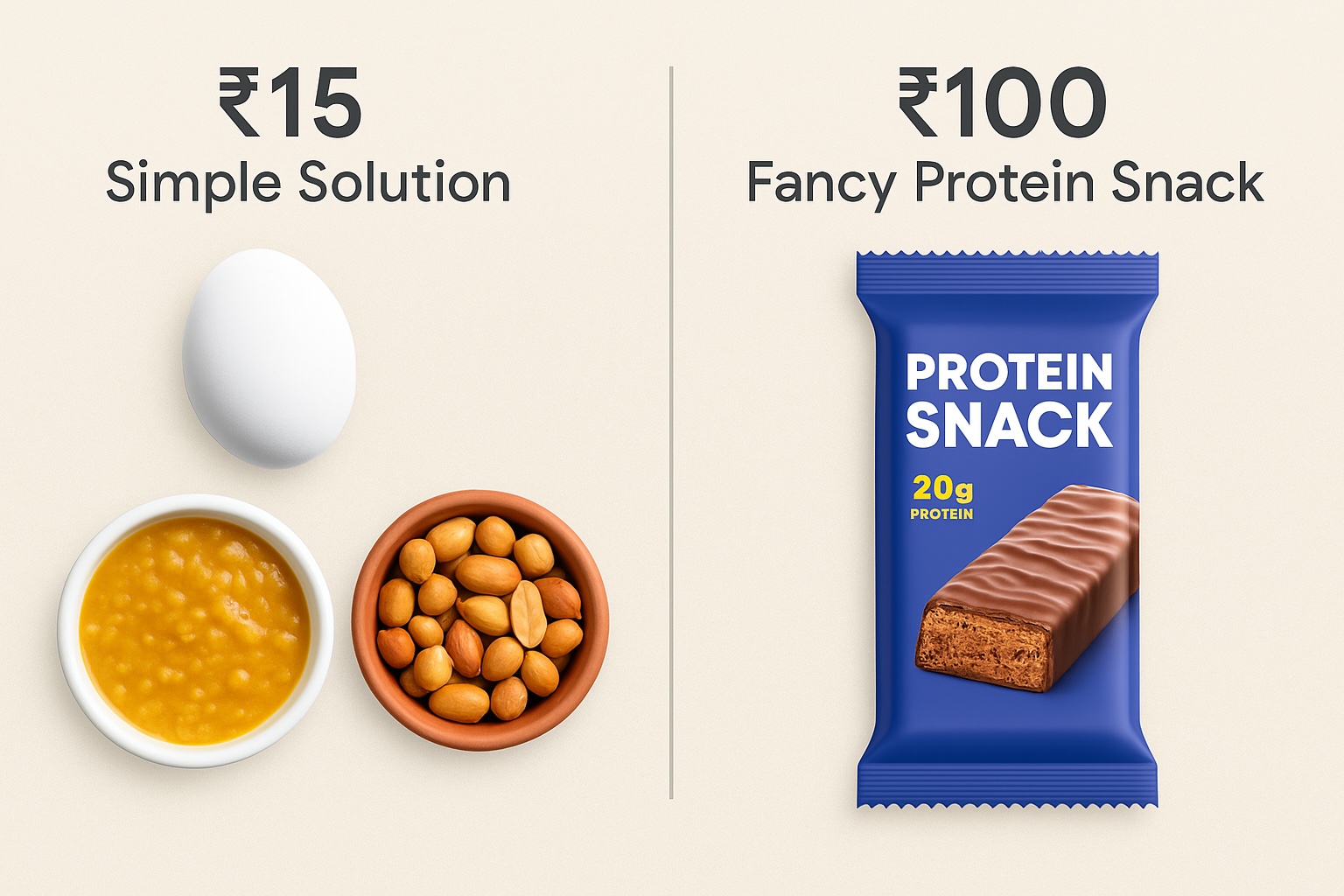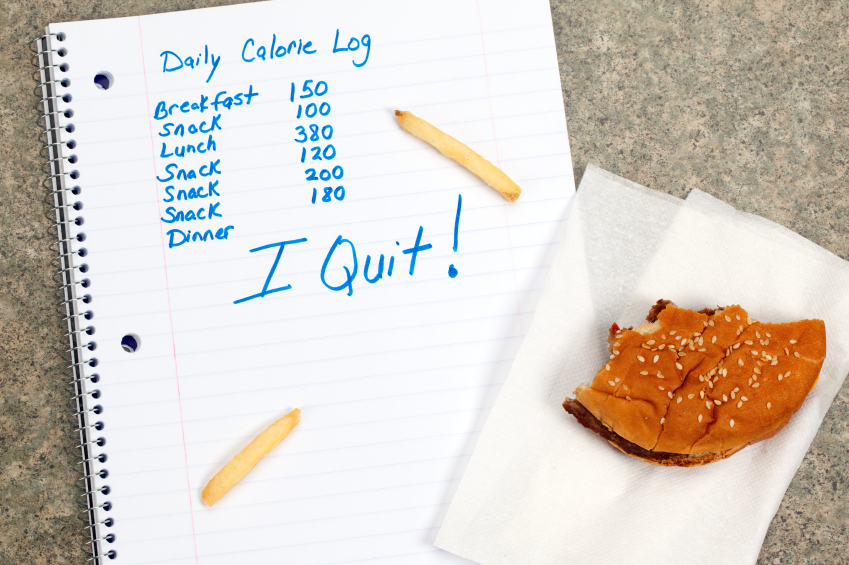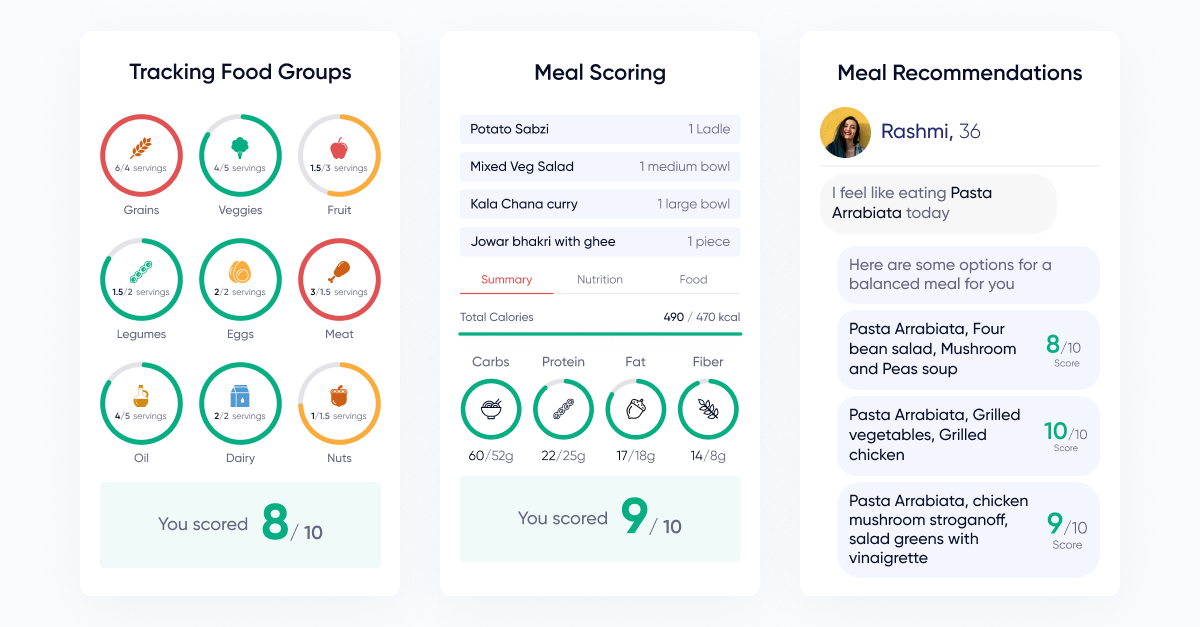You’ve cut calories, swapped foods, and maybe even invested in “healthier” alternatives. Yet, the scale barely moves.
The truth? The problem isn’t your willpower — it’s how you’re approaching calorie cuts.

Remember school physics?
A calorie is just a unit of energy. Your body needs a minimum number of calories every day simply to function — think breathing, keeping your heart beating, and maintaining body temperature.
When you eat less than your body needs, it sends hunger signals to get you to eat more. If you ignore them, your body taps into stored energy (fat) — that’s how fat loss works.
For most people, a 10–15% calorie deficit is enough to drive weight loss without feeling starved. Anything beyond that? It’s rarely sustainable unless you’re living like a monk.
The trick isn’t to eat as little as possible — it’s to eat just enough less to keep your body burning fat without constant hunger.

Nutrition influencers, snack brands, and even trainers love pushing “low-calorie alternatives”.
The problem? Most of them are just swapping one carb for another carb:
Take rice vs. roti.
Cooked rice seems low-calorie because it’s 70% water. But if you swap two rotis for one bowl of rice, you’ll likely feel hungry soon after. The calories are lower, but the satiety isn’t there.
That’s because calories alone don’t control hunger.
If your low-calorie swap isn’t high in protein, it’s not going to keep you satisfied.
Protein works like GLP-1 weight loss drugs — it dampens hunger signals. Fiber and healthy fats help too, but protein is king when it comes to making low-calorie eating sustainable.

Successful fat loss isn’t just about cutting calories — it’s about managing hunger.
If you want your diet to actually work:
Your body isn’t a math problem — it’s a complex system that wants to keep you alive. Feed it smart, not just less.
low calorie diet, why low calorie diet isn’t working, calorie deficit weight loss, protein for weight loss, hunger management, low calorie food swaps, satiety, GLP-1, sustainable fat loss, Bon Happetee nutrition





